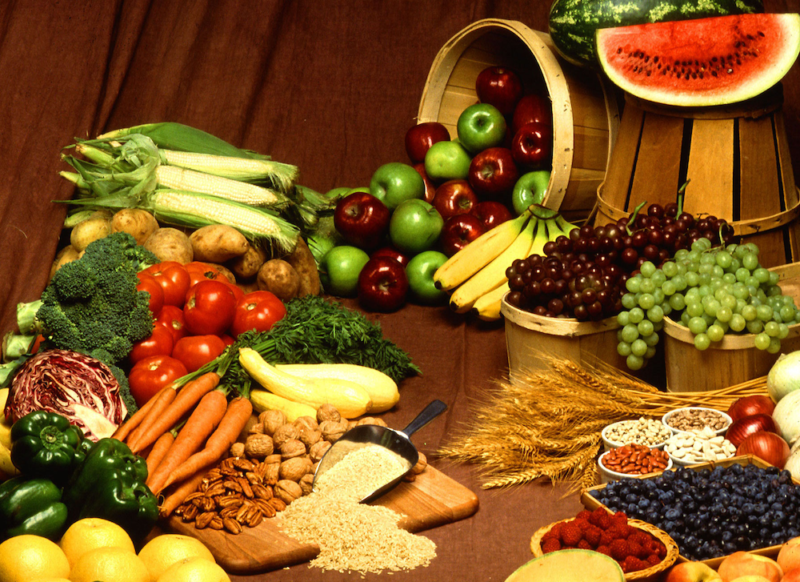National dietary guidelines in most countries need to be reformed to take into account health and environmental targets, concludes a study published in the BMJ (published online July 15). The international study, by UK, US and Australian investigators, found around one-third of national food based dietary guidelines (FBDGs) to be incompatible with the non-communicable diseases agenda, and around two-thirds incompatible with the Paris Climate Agreement and other environmental targets.
“Our results suggest that reforming national FBDGs, as well as WHO guidelines, could be not only beneficial from a health perspective but also necessary for meeting global sustainability goals and staying within the environmental limits, of the food system,” conclude the authors.
In the study, Marco Springmann, from the University of Oxford, and colleagues from the Universities of Harvard, Tufts, and Adelaide, modeled both the health and environmental impacts of adopting 85 different national FBDGs from around the world, along with global guidelines from the World Health Organization (WHO) and the EAT-Lancet Commission. National FBDGs are government endorsed documents forming the basis for national food and nutrition policies, which furthermore have important implications for achieving global environment targets.
To estimate the impact on health, 11 risk factors were used in the model, such as high consumption of red and processed meats, low consumption of plant based foods and fish, and body mass index (BMI). Disease endpoints included early deaths from non-communicable disease (including cancer, heart disease, stroke, type 2 diabetes, and respiratory disease). Additionally, to estimate environmental implications, the authors considered country and crop specific footprints for greenhouse gas emissions, land and fresh water use, and application of nitrogen and phosphorus fertilizers.
Results showed:
- Adoption of national FBDGs correlated with reduction in premature mortality of 15% on average, and reduction of greenhouse gas emissions of 13%.
- 98% of the national guidelines (83 out of 85) were not compatible with at least one of the global and environmental targets when universally adopted.
- 34% (n=29) were incompatible with the agenda on non-communicable diseases.
- 67%‒87% (n=57‒74) were incompatible with environmental targets, including the Paris Climate Agreement.
- Adoption of the EAT-Lancet recommendations correlated with 34% greater decreases in premature mortality, more than threefold greater reductions in greenhouse gas emissions, and general attainment of global health and environmental targets.
In a BMJ opinion piece, published to coincide with the study, Springmann writes that guidelines should involve much stricter limits for meat and dairy, both for health and environmental reasons. “To be specific but not overly prescriptive, they included different dietary patterns based around plenty of whole grains, vegetables, fruits, nuts and legumes,” he writes.
In an accompanying editorial, Luka Schwingshackl, from the University of Freiburg and colleagues, comment that while the EAT-Lancet Commission proposals appear superior in terms of reducing mortality from non-communicable diseases and cutting greenhouse gas emissions, they would not prove affordable to implement in many in low income countries. Introduction of such proposals would require concomitant economic growth, improved local food production and supply, and expansion of the range of lower cost animal products and vegetables. “We still have some way to go before diets can become healthier and more sustainable worldwide,” they conclude.












